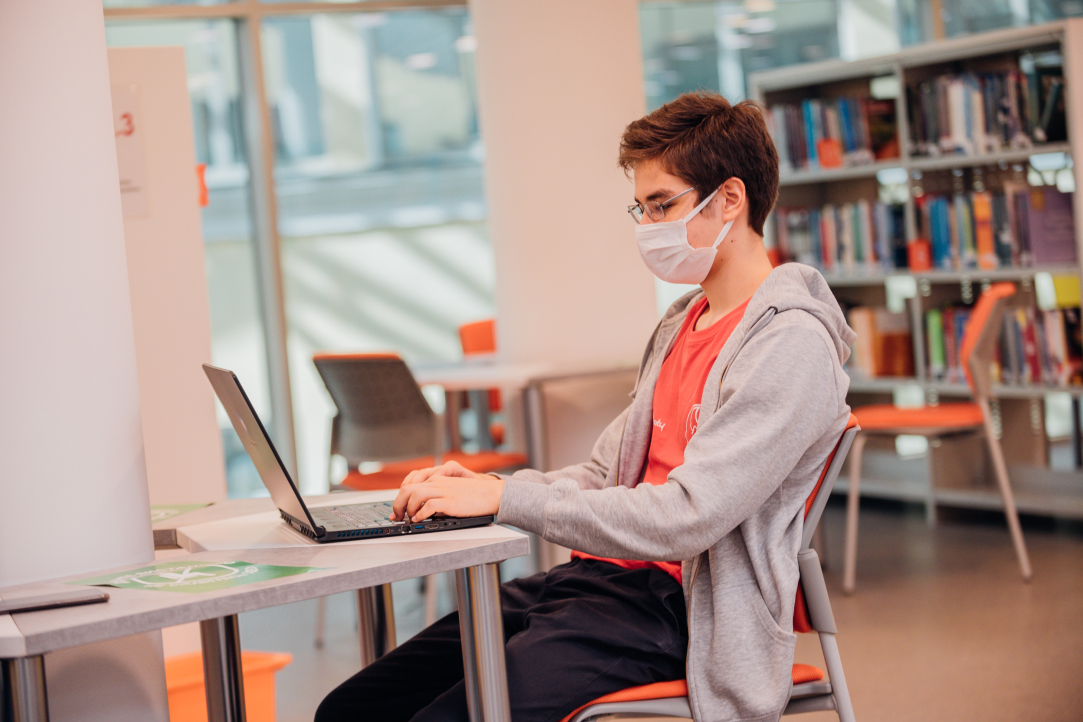
Online Education: The ‘New Normal’ and Its Pitfalls
On the first day of the XI International Russian Higher Education Conference (RHEC), which was held online, representatives of universities and colleges discussed the impact of the coronavirus pandemic on Russia’s education system.
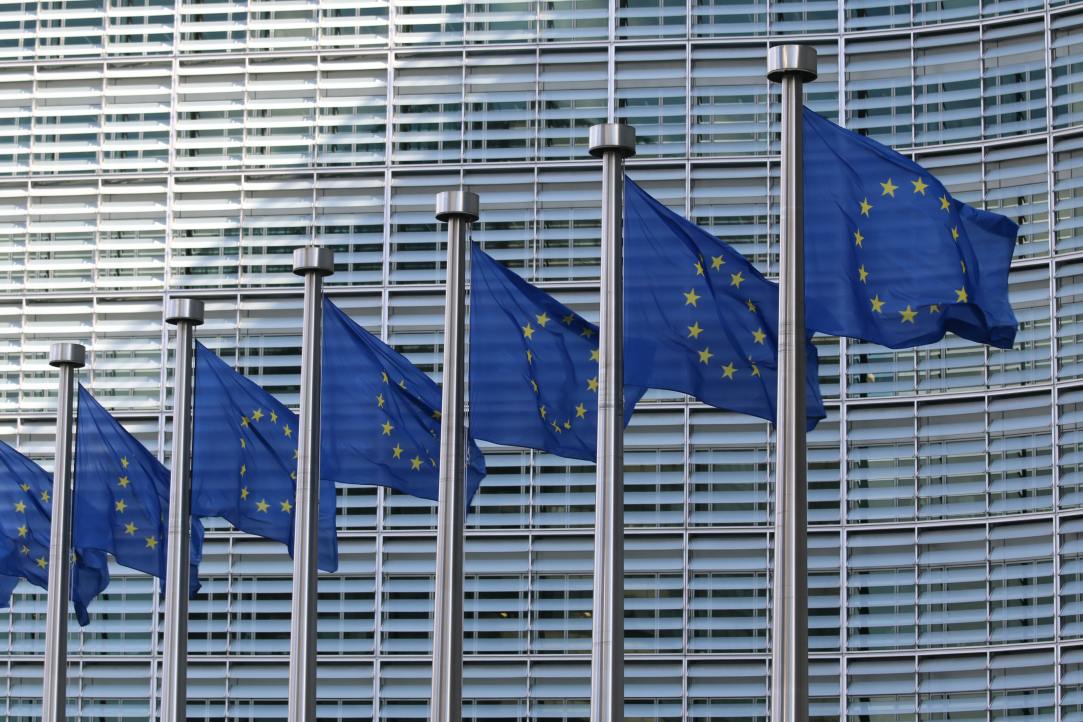
Second EU Model to Take Place at HSE University in St. Petersburg in November
This year, HSE University’s EU Model game and conference will be an intercampus event that will be held online. The organizers are confident that the event will attract students in Moscow, Nizhny Novgorod, and Perm who are interested in European policy, EU law and international relations.
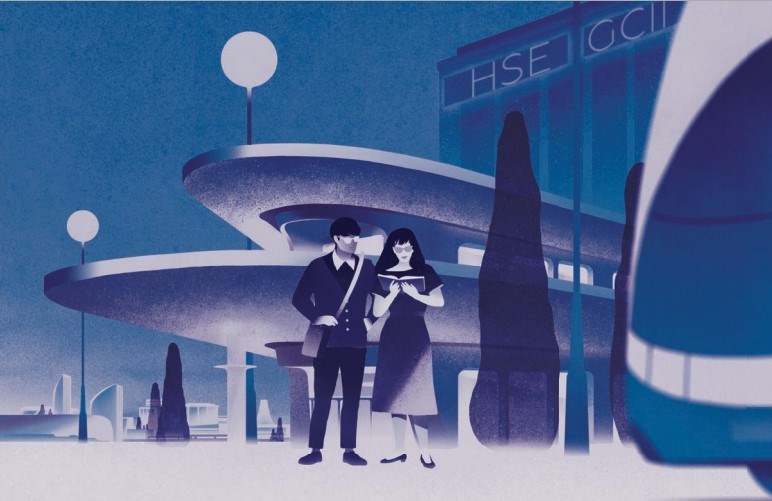
HSE University to Present Its New HSE Global Cities Innovation Index at the Open Innovations Forum 2020
On October 19, the first public presentation and discussion of the HSE Global Cities Innovation Index will take place at this year’s international Open Innovations Forum. The index, developed by HSE University researchers, is the first of its kind.
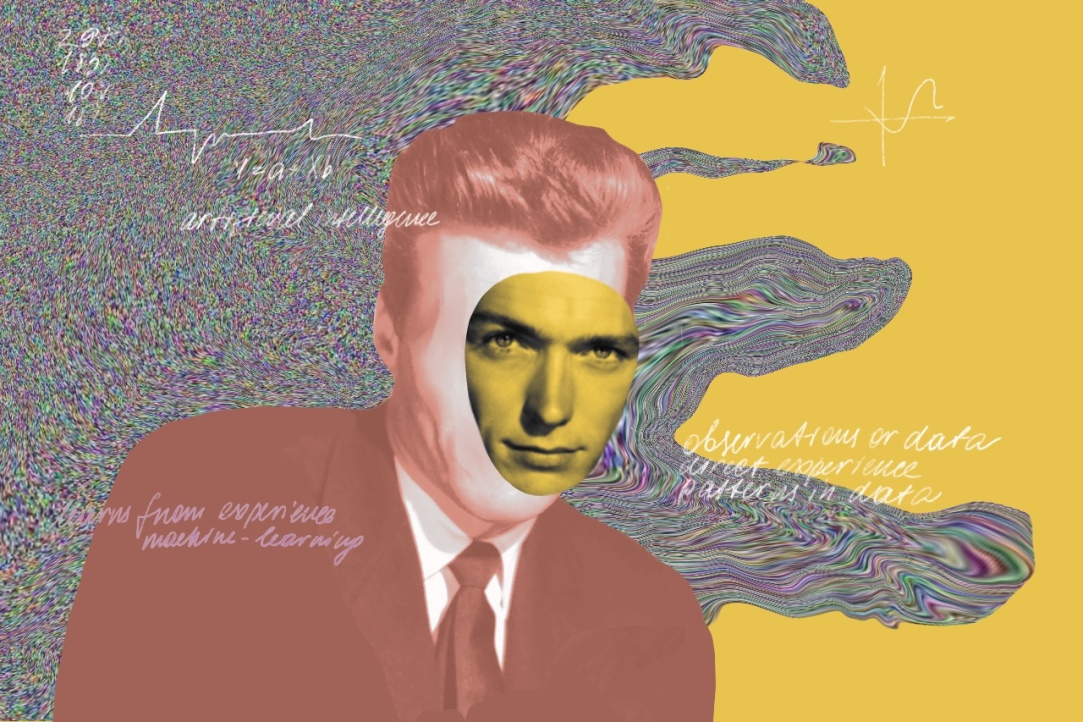
‘The Ability to Talk about Your Research in a Way That Is Accessible to a Wide Audience Is a Must’
On October 16, 2020, HSE University—winner of the Communication Laboratory 2019 Grand Prix—will host the 4th Russian Science Communication Forum. The Forum is held in partnership with the Association of Education and Science Communicators (AKSON).
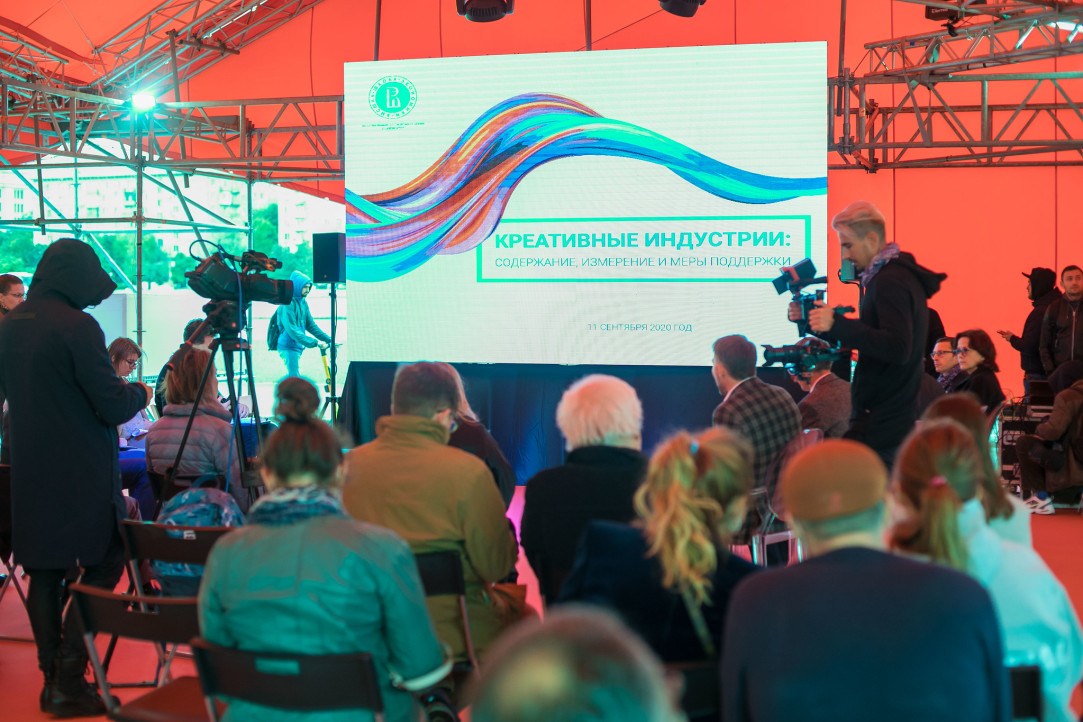
Moscow’s Creative Capital Measured by HSE
For the first time, experts from HSE University presented the results of a large-scale pilot study of Moscow’s creative industries. The sector’s share in the city’s economy amounts to 6.3%, with almost three-quarters of the added value of the capital’s creative sector provided by advertising, IT and broadcasting. These and other data were presented during the round table entitled ‘Creative Industries: Content, Measurement and Support Measures’.
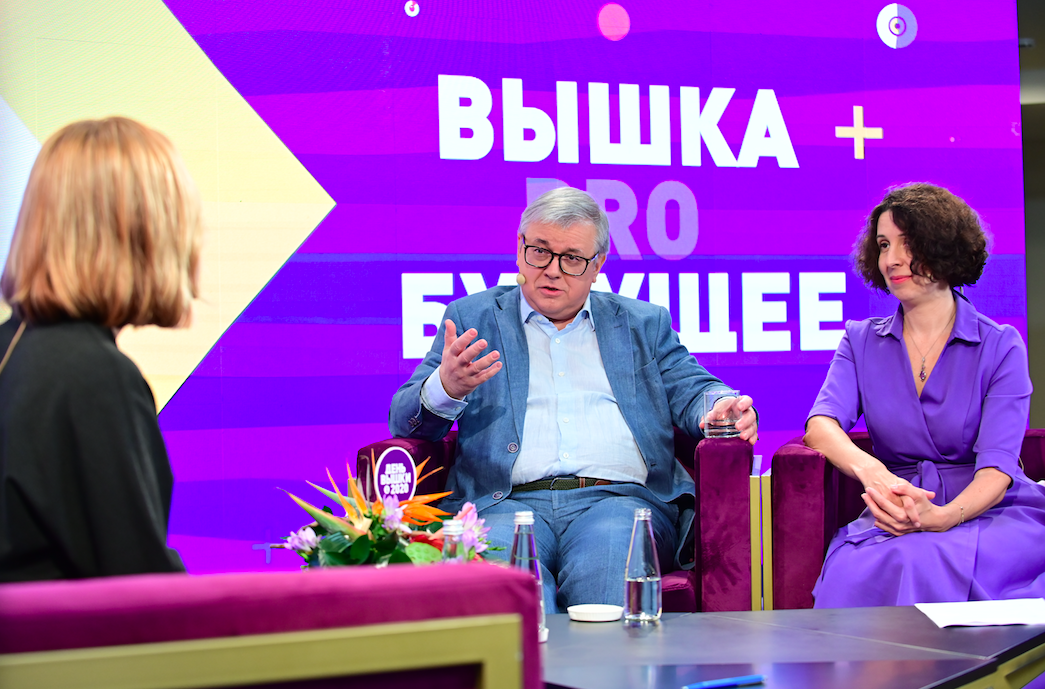
'The More Multidimensional Your Education, the Better Prepared You Are for Life’s Surprises'
What should an undergraduate education entail? How do the minors benefit students? How will people interact with machines? These were some of the questions discussed by HSE Rector Yaroslav Kuzminov and Elana Bunina, Yandex General Director in Russia, in a conversation about future professions at HSE Day.
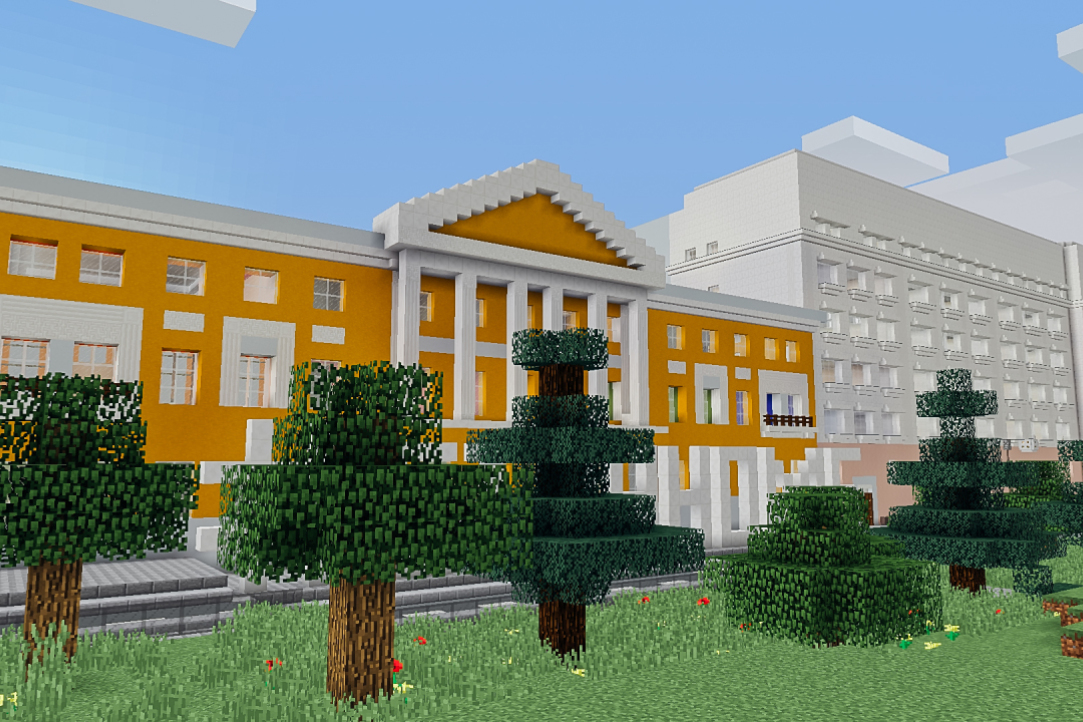
Game Mechanics Conference Will Be Held in Minecraft
The Higher School of Business-Informatics at HSE University together with the team behind HSE Minecraft will hold a Game Mechanics Conference on July 5. The event will include lectures, round tables, a Minecraft quest, prizes, and much more.
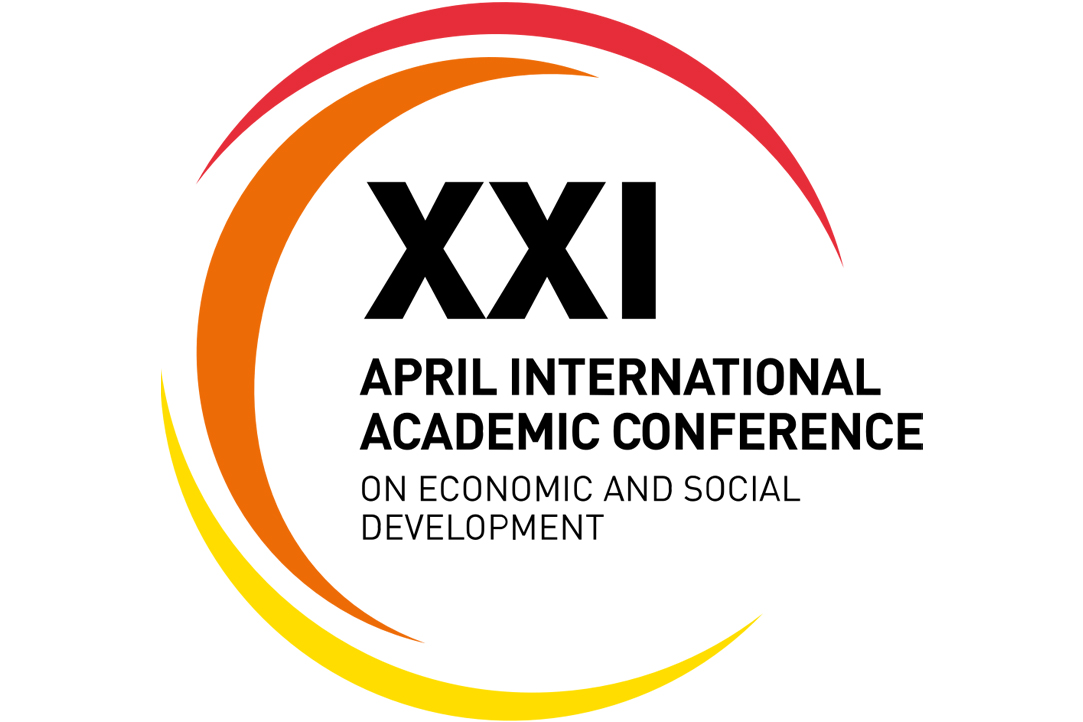
HSE Wraps Up Its First April Conference to Be Held Online
As it entered its third decade of existence this year, HSE University’s annual April Conference experienced a first: it was held in an online distributed format. HSE News Service spoke with organizers and participants about the event.
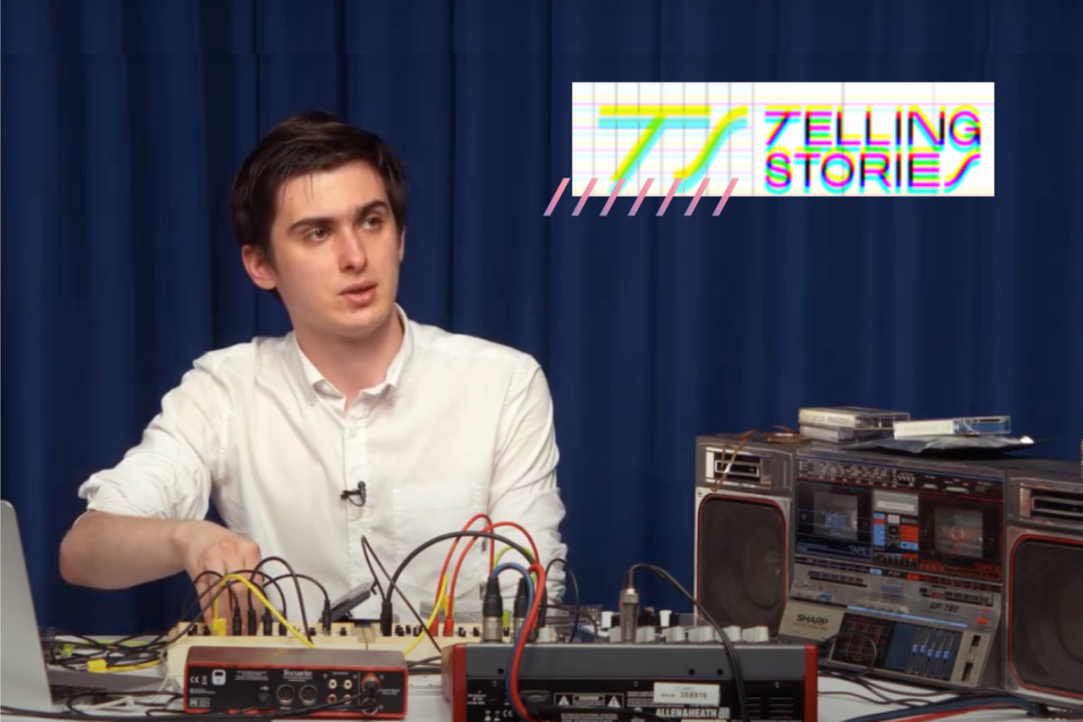
Experts Discuss Media, Art, Fashion, and Education at Telling Stories Festival 2020
What does the post-COVID future have in store for museums, universities, and the media? Does big data protect us or pose a threat? What are the prospects for fashion shows, cinema, and theaters? How are different generations experiencing the pandemic? These and other issues were discussed at the annual festival of communications, design, and media.

Telling Stories Festival to Be Held Online for the First Time
On May 15-16, 2020, Telling Stories, a communications, media, and design festival that is dedicated to ideas, innovations, and modern technology in the creative industry, will be held online. The HSE Faculty of Communications, Media, and Design is the festival organizer, and the speakers include film directors Paul W.S. Anderson and Vadim Perelman.

